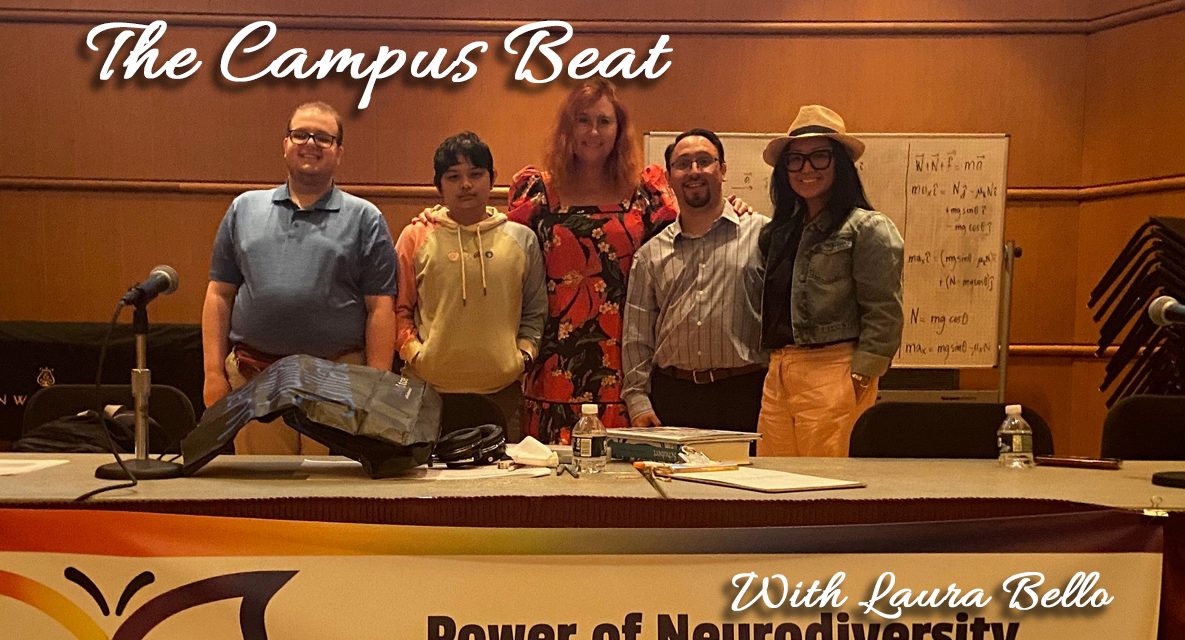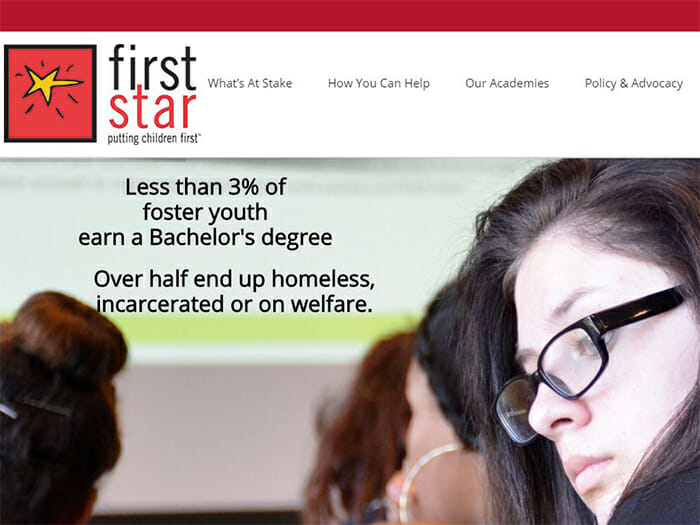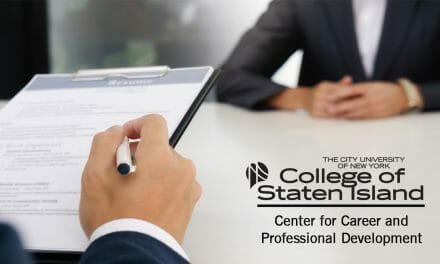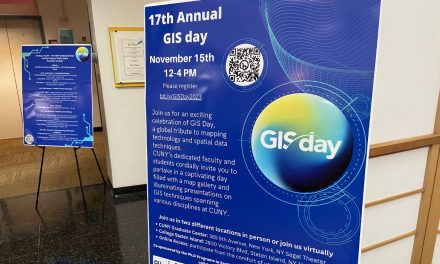I’d like to bring attention to the fact that April is Autism Acceptance Month, a designation given by the Autistic Self Advocacy Network since 2011 and rebranded from its previous Autism Awareness Month. While it’s important to inform, all the information in the world means nothing if we can’t accept and embrace our neurodiversities.
On April 16, in support of our neurodivergent students and staff, the College of Staten Island hosted a panel discussion consisting of four speakers with various experience in being on and working with others on the Autism Spectrum. The panel of speakers were moderated by CSI Professor Kristen Gillespie-Lynch and was organized by the Center for Global Engagement’s Winnie Brophy.
“This event is intended to provide an open and safe discussion for the CSI community to discuss neurodivergence, especially for families and students that are neurodivergent,” said Brophy. “We wanted to offer various personal and candid perspectives to the discussion that are important especially in today’s higher education setting. By sharing the differences in neurodiversity, it helps reduce stigmas, improves mental health, and promotes positive change that leads to a better life, a better classroom, and a better world!”
As the saying goes, “once you’ve met one person with Autism, you’ve met one person with Autism,” and as such, while people with Autism may share similar experiences, the four panelists at the event all had different career paths and discovered their Autism at different parts of their lives.
For example, speaker Daniel Batkin is a doctoral student involved with The Graduate Center, CUNY, and was diagnosed at age 5. Jin Delos Santos is a CUNY student who was diagnosed at age 14, and AnneMarie Dorelien, a BCBA and founder and Clinical Director of A Friendly Face was married and had a child on the spectrum before the idea of her having Autism ever came up. Those are three very different phases in life, despite the stereotype that Autism is only ever associated with younger children.
The key point that I want to get across, and that I hope the panel discussion got across, is the debunking of harmful and reductive stereotypes about Autism Spectrum Disorder. The fact that among the panelists, there was female representation is already a huge step in that direction, as there is in fact a male gender bias toward Autism diagnosis, despite there being plenty of women on the spectrum whose voices deserve to be heard. Dorelien was also quite blunt about her being the oldest panelist, and all four panelists agreed that one does not simply “grow out” of Autism.
Aside from debunking stereotypes, Louis Rotundo, a lecturer here at CSI, strives to advocate for self-esteem in neurodivergent individuals. It can be difficult to keep your head up in a world that considers you “wrong” for something you can’t control. Rotundo says that it’s a misconception that neurodivergence means solely weaknesses, when in fact there are also strengths. Though, when given my chance to speak up during the panel, I was keen to emphasize that there are ups and downs, good days and bad days, when dealing with Autism.
After the panel, I sat down with Dorelien for a slightly more personal insight on the world of Autism, namely due to the fact that I happen to be employed at A Friendly Face and was eager to meet her. You would think that being face to face with your boss’s boss would be an intimidating experience, but Dorelien was beyond cordial, it was more like talking to an old friend. Beginning life with a degree in more generalized special education, she said that “I realized that I kind of just knew how to reach the ASD (Autism Spectrum Disorder) kids. It was really by accident.” Such a statement can be encouraging to anyone hesitant to try new experiences, since you never really know what will click until you get there.
As she stated on the panel, despite working with children with Autism for years, it took Dorelien quite some time to figure out that she was also, in fact, on the spectrum. From experience, people on the Autism spectrum tend to connect more easily with others like them, like they’re speaking the same sort of “language” together, so I saw the connection there.
Closing out our discussion and in the interest of spreading information, I asked Dorelien what she wants people who don’t have Autism to know about their neurodivergent peers. She had previously agreed on what I had brought up during the panel discussion, that with Autism–and any sort of neurodivergence–there will always be ups and downs. Some days you feel like a socially inept outcast, and other days you might wow the world with your extensive knowledge, and you need to take the good and bad. Dorelien adds to that, “Just understand that they’re [people with Autism] exactly like you, just wired differently. And don’t take offense to the very literal, blunt, unfiltered comments; we don’t mean anything by it!”
With that, I encourage everyone to learn a thing or two about Autism, and Brophy is hopeful she can bring the event to the CSI community each year. Certainly, staying informed helps us to better understand and embrace each other’s differences.
By Laura Bello

















